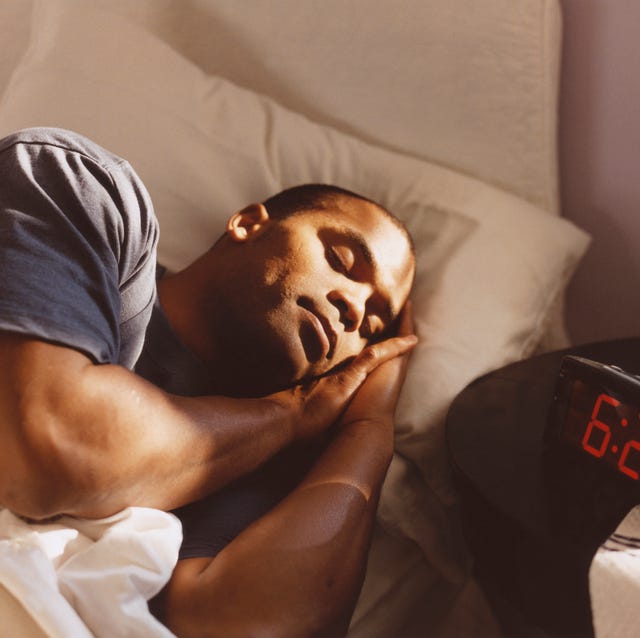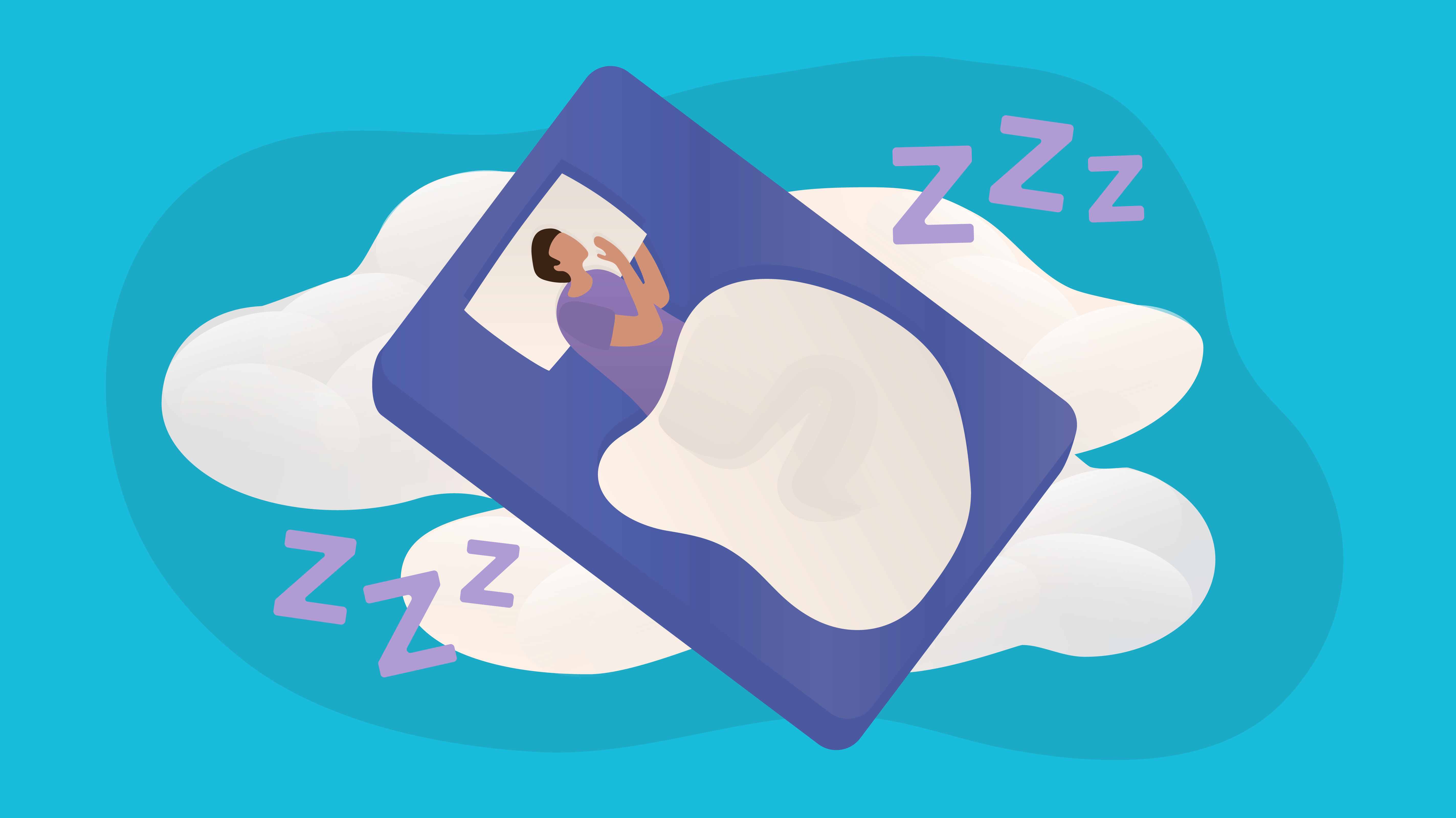Experienced Insomnia Specialist - Personalized Take Care Of Better Sleep
Experienced Insomnia Specialist - Personalized Take Care Of Better Sleep
Blog Article
Reliable Therapy Solutions for Handling Rest Disorders and Enhancing Peaceful Sleep
In the world of medical care, the management of sleep problems and the mission for restful sleep are crucial components of general health. As we navigate the detailed landscape of rest conditions and look for to boost our rest experience, a much deeper understanding of these therapy services may hold the trick to opening a more refreshing and satisfying corrective journey.
Cognitive Behavior Treatment for Sleeplessness (CBT-I)
Cognitive Behavioral Therapy for Sleeplessness (CBT-I) is a structured, evidence-based treatment technique that concentrates on addressing the hidden elements adding to sleep disruptions. This sort of therapy aims to customize habits and ideas that exacerbate sleep problems, eventually promoting healthy rest patterns. CBT-I generally entails several vital components, including cognitive treatment, sleep limitation, stimulation control, and rest health education and learning.
Cognitive treatment aids individuals identify and change negative idea patterns and ideas about sleep that might be preventing their capability to fall or stay asleep. Rest constraint entails restricting the quantity of time spent in bed to match the individual's real sleep period, thus enhancing sleep efficiency (insomnia counseling). Stimulation control methods help establish a strong association between the bed and rest by encouraging people to head to bed just when drowsy and to avoid engaging in boosting tasks in bed
Moreover, rest health education focuses on establishing healthy and balanced sleep routines, such as preserving a consistent sleep routine, producing a relaxing bedtime regimen, and optimizing the rest atmosphere. By attending to these factors adequately, CBT-I uses an efficient non-pharmacological intervention for managing sleeplessness and boosting total rest high quality.
Sleep Hygiene Practices
Having developed the structure of cognitive restructuring and behavior alterations in addressing sleep problems through Cognitive Behavioral Treatment for Sleeping Disorders (CBT-I), the focus now moves in the direction of exploring crucial Sleep Hygiene Practices for maintaining ideal rest top quality and overall wellness.
Rest health practices include a series of behaviors and environmental variables that can substantially influence one's ability to drop asleep and remain asleep throughout the night. Regular sleep and wake times, creating a relaxing going to bed regimen, and enhancing the sleep environment by keeping it dark, silent, and cool are vital elements of great sleep hygiene. Limiting direct exposure to screens before going to bed, avoiding stimulants like caffeine near to going to bed, and engaging in routine physical task throughout the day can also advertise better rest high quality.
Furthermore, exercising leisure methods such as deep breathing workouts or meditation before bed can aid soothe the mind and prepare the body for sleep. By integrating these sleep health methods into one's day-to-day regimen, people can establish a healthy rest pattern that sustains restful rest and general wellness.
Relaxation Techniques and Mindfulness
Executing relaxation methods and mindfulness practices can play a pivotal role in promoting a sense of tranquility and advertising high quality rest. sleep deprivation help. These techniques aim to quiet the mind, decrease anxiety, and produce an ideal atmosphere for relaxing rest. One extensively practiced approach is deep breathing exercises, where individuals concentrate on slow-moving, deep breaths to kick back the mind and body. Dynamic muscular tissue relaxation involves tensing and afterwards releasing each muscle team, advertising physical leisure. Additionally, assisted imagery can assist transfer people to a relaxed place in their minds, aiding in stress decrease and enhancing sleep quality.
Mindfulness methods, such as meditation and yoga, are also effective in promoting relaxation and boosting sleep. Mindfulness encourages people to remain existing in the minute, releasing fret about the past or future. By integrating these techniques into cause of night terrors a going to bed regimen, individuals can indicate to their bodies that it is time to relax and prepare for rest. Generally, incorporating relaxation methods and mindfulness techniques can considerably add to handling rest conditions and improving total sleep high quality.

Medication Options for Rest Disorders
After checking out relaxation methods and mindfulness techniques as non-pharmacological interventions for improving sleep top quality, it is vital to think about medication choices for individuals with sleep conditions. In situations where way of living adjustments and therapy do not supply enough relief, medication can be a valuable device in managing rest disruptions.
Commonly suggested medications for sleep problems consist of benzodiazepines, non-benzodiazepine hypnotics, antidepressants, and melatonin receptor agonists. Antidepressants, such as trazodone, can be valuable for people with co-occurring anxiety and rest disruptions - insomnia counseling.
It is critical for individuals to talk to a medical care service provider to identify one of the most suitable drug option based on their specific rest disorder and case history.
Light Therapy for Body Clock Regulation
Light therapy, additionally referred to as photo-therapy, is a non-invasive treatment method made use of to manage body clocks and improve sleep-wake cycles. This therapy entails direct exposure to intense light that imitates all-natural sunshine, which aids to reset the body's interior clock. By exposing people to details wavelengths of light, commonly in the early morning or evening relying on the desired result, light therapy can successfully change the circadian rhythm to promote wakefulness throughout the day and boost relaxing rest at night.
Study has shown that light therapy can be specifically useful for people with circadian rhythm disorders, such as delayed rest phase disorder or jet lag. It can additionally be useful for those experiencing seasonal depression (SAD), a kind of depression that usually takes place throughout the winter season when natural light exposure is minimized. Light treatment is usually well-tolerated and can be used along with various other therapy methods for sleep conditions to maximize outcomes and improve total sleep quality.
Conclusion
Finally, reliable therapy services for handling rest problems and boosting look at these guys relaxed rest include Cognitive Behavioral Treatment for Sleeplessness (CBT-I), sleep hygiene practices, relaxation strategies and mindfulness, medication alternatives, and light treatment for body clock regulation. These methods can assist individuals enhance their sleep high quality and overall well-being. It is necessary to speak with a more doctor to figure out the most ideal strategy for resolving rest problems.
As we navigate the detailed landscape of rest problems and look for to boost our sleep experience, a deeper understanding of these treatment remedies may hold the key to opening a much more rejuvenating and meeting restorative journey.
Rest constraint involves restricting the amount of time invested in bed to match the individual's real sleep period, consequently enhancing rest effectiveness. Regular sleep and wake times, developing a relaxing bedtime regimen, and enhancing the rest atmosphere by maintaining it dark, peaceful, and cool are important elements of good sleep hygiene. Light therapy is generally well-tolerated and can be used in conjunction with other therapy methods for rest problems to enhance end results and boost total sleep high quality.

Report this page